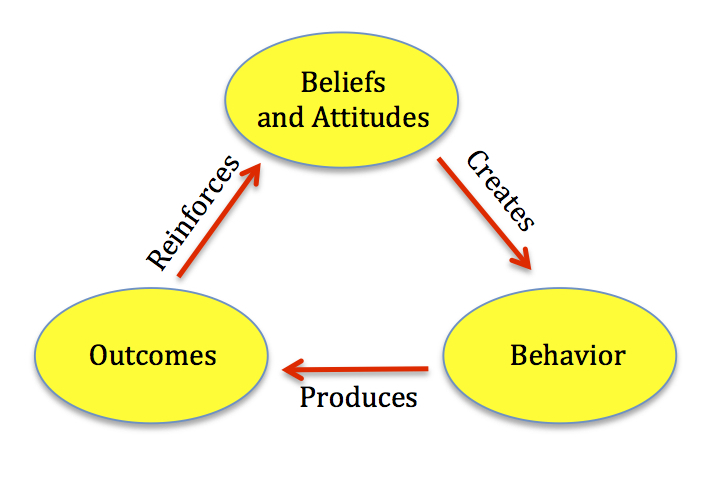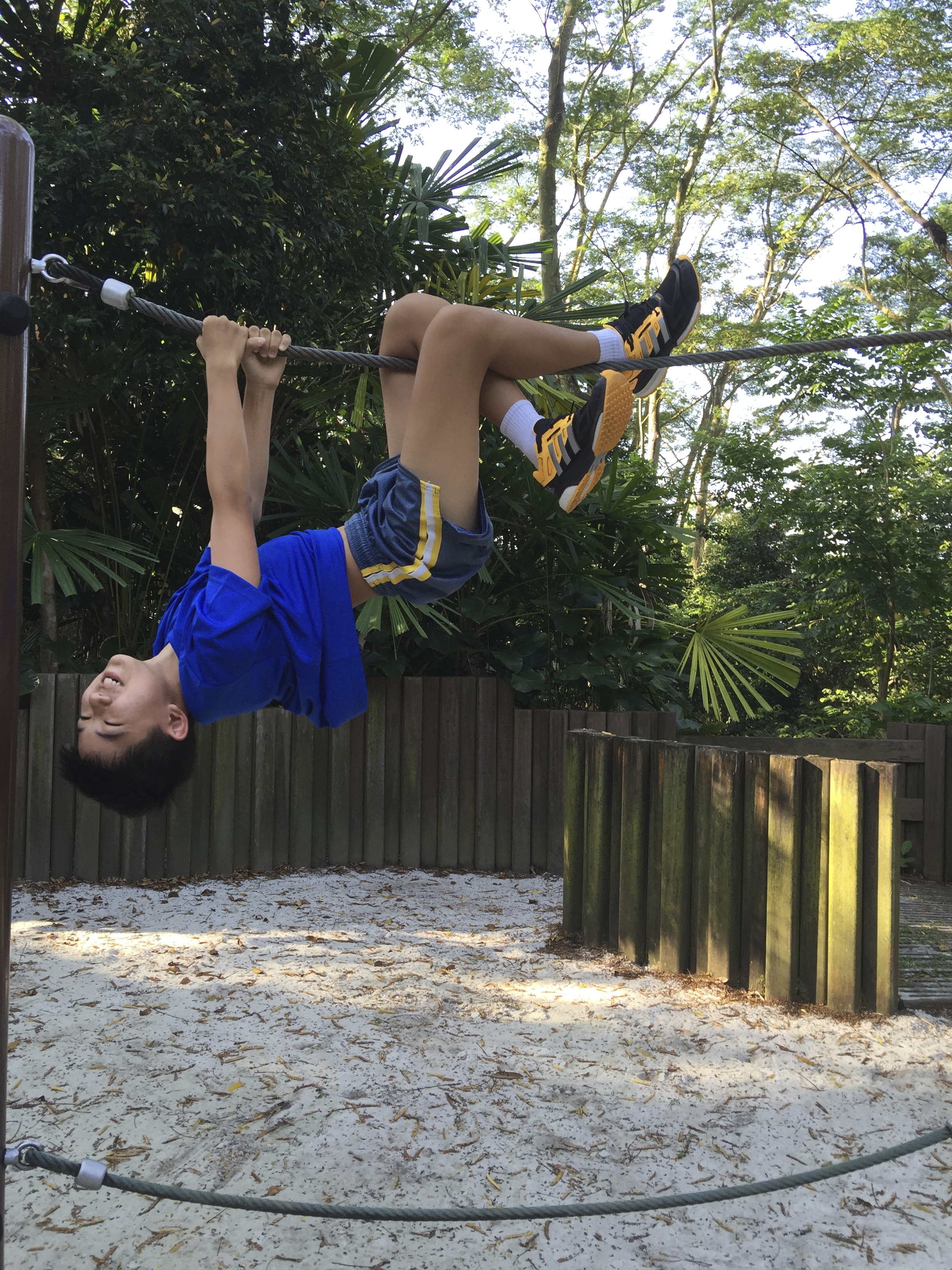We have all heard of the “Terrible Twos”, though personally, I do not feel the twos are terrible. There is also a phrase for teens. Can you guess what it is? Yes, “terrible teens”. But just as I do not believe in the terrible twos, I do not believe in the terrible teens too.
It is my belief that when we understand why our toddlers and teens behave the way they do, we can provide the understanding and support that they need. And once those core needs are met, the developmental phase will be over sooner than if we were to fight their development. And when we give the necessary support to our teens, they, and we, will emerge stronger and more complete.
So, do you feel like your young teen is behaving like a toddler? If you do, congratulations! Your teen is normal and you are not alone. Research has shown that our young teens, despite their physical size, do regress into toddlerhood. So how are they like toddlers?
1) Emotional Outbursts and Temper Tantrums
Most of us know our children have hit adolescence when we experience their explosive tempers. Like toddlers, they flare up when they do not get their way. Like toddlers, they throw a fit when they cannot get something done. Like toddlers, they are prickly and get bothered easily by other people. Little things seem to trigger them and they storm around like little tornadoes. Many times, our young teens feel angry and do not know why. Rest assured this is normal behavior.
What is going on?
Yes, hormones play a big part in the mood swings our young teens experience. But there is actually more going on.
Unlike our toddlers, our young teens are under a lot of stress from school, friends, parents and more. Typically, they are deemed to be young adults, capable of being responsible for their own schedule. However, research studies on the brain have shown that the prefrontal cortex of our young teens are not developed enough to do what we expect of them. They are easily distracted and unable to make or keep to schedule. What results then is a mismatch of our expectations against their capability. Unable to deliver results repeatedly, they feel stressed and demoralised. When we couple that with the hormones surging in their bodies, they cannot control the emotions that flare up as a result.
What could parents do?
It helps for us to understand the physiological and psychological development that our teens are going through. When we understand, we will naturally be more empathetic to our children. We will also then be able to provide appropriate support our children need. This is a time when we need to shower more love on our teens. Actually our children need us to shower love on them ALL THE TIME. But our young teens need even more of our love because they feel bewildered by their own emotional outbursts.
What to do with all those temper tantrums? It is our natural inclination to want to shut down these negative exhibitions of emotions, to insist our children “stop this nonsense” or “get a grip”. However, our teens need to feel safe to express themselves (as long as they do not go overboard with their tantrums). Luckily, most parents understand this has to do with the hormonal development in their young teens and do cut their children more slack.
However, we need to do even more. The answer to helping our teens get over their “tantrum” stage is actually rather counter-intuitive. The more they tantrum, the more love we need to shower upon them. It helps to tell our teens, “I understand you are upset. I’ll leave you alone while you work this through. But I am always available when you need to talk.” First, it signals our sensitivity towards how she is feeling. It also tells her we accept her for who she is. Finally, it lets her know she is not alone, that we are available for her. Then when the storm blows over, we can talk things over and resolve issues together. But at the point of our teen throwing a tantrum, our shutting them down does nothing to help. They may not exhibit their tantrums in the future, but their relationship with us would be severely strained.
Of course, there will be times when their temper tantrums go overboard and they start hitting people or smashing objects. What do we do then? That is the time when we have to draw the line and let them know that is not an acceptable behaviour. We need to be firm when setting this boundary. However, we need to understand that our teens need to physically expel the energy that wells up within them and we can help them redirect their energy into sports. I usually tell my son to go for a run or do some pushups to work off the energy.
2) The Need For Independence
Remember the time when our toddlers want to do everything themselves from putting on their own clothes to tying their own shoes laces? Remember how they disintegrate into tears and tantrums when they cannot do it and yet still refuse any help? Well, our teens go through that too. They want to be independent. They think they know what they need to do. They think they can do it. They want us to stop directing them or controlling them. But what happens? Things do not get done. They get distracted. They forget. They fail to manage their time well enough to do what needs to be done. Then the whole world comes down upon them. Teachers punish them for not getting their school work done. Parents punish them for getting into trouble with school, for not being disciplined enough. And our children fly into a rage. Sounds familiar?
What is going on?
It is a natural and healthy phenomenon for our teens to exert their independence. After all, we cannot baby them all their lives, can we? However, many parents make the mistake of thinking their teens have grown up and hand independence totally to their teens only to realize that their teens keep messing up again and again.
In some ways our teens may appear mature. They can reason. They can think. They know right from wrong. Whether they exhibit that maturity all the time or not is another question. Despite their seemingly mature behavior, the brain power of our young teens is not mature enough to hold on to the prize at the end of their toil. They may know they have a project due at the end of the week, but they are easily distracted. And the reason that happens is because their prefrontal cortex, the part of the brain that is responsible for making decisions, is still under-developed. Even in their distraction, they are not worried about the looming deadline because they strongly believe they have things under control, that they can deliver results. Then before they realize it, the deadline hits them in their faces and it dawns upon them that they cannot do it. Then panic, shame, guilt, and fear grip them. Roll these emotions up with their hormones and their lack of self control, we get an emotional eruption.
What could parents do?
Again, understanding what our teens are going through and understanding why they are doing what they are doing help a great deal. It does not make the teens right in behaving or reacting the way they do. It just helps us manage our own expectations and realize our teens actually need more help than they, or even we, think.
Many parents believe that once our children hit the teen years, they should be mature enough to manage themselves and their school work. That cannot be further away from the truth. Our 11 and 12 year-olds are more capable of self discipline and time management than when they reach 13 and 14 years old. And yes, I am talking about the same child. That is why parents are typically taken aback by the “slacking” they observe in their young teens. However, research has shown that this regression is normal. Unfortunately, it is highly counter-intuitive to parents that when their children hit the teen years, they need more supervision and guidance than they did a year or two ago. Many parents resist and resent having to give that extra supervision. “You are old enough to….” is a common adage we hear from parents when they talk to their teens. That is why understanding how the teens’ brains develop and understanding how they think will help us a great deal in helping and supporting our teens.
So how do we support our teens in their quest for independence? On the one hand, we need to acknowledge that we must grant them independence. The more we suppress their independence, the more they will fight for and struggle for it. On the other hand, we know they cannot manage total independence. It is a fine balance between giving our teens the independence they need and ensuring we hold the reins tight enough for them to get things done.
So what should we do?
Threats and punishments for non-compliance have little or no effect in changing our teens’ behavior, which is why parents tend to get really exasperated. What our teens need from us at this stage is our guidance even if they hate to ask for or to get it from us. One solution is to give them freedom to decide what to do when it is their free time (as long as it is not illegal or morally wrong). However, when it comes to important stuff, like their school work or their safety, we need to micromanage a little more. Our children have reached the age where, unfortunately, we need to provide constant vigilance. We cannot leave them alone and trust they can get things done. Our constant vigilance will include giving them reminders, asking them to show us what has been done on a daily basis, or even sitting down with them while they get their work done.
When we understand why we need to reinvest the time and energy on our teens to keep them on track, we will be less resentful and more empathetic. Our teens will sense our acceptance of them and be grateful to us for being there when they need us. Of course, they will not realize this till they are in their twenties, but we are parenting for the long term, aren’t we?
In my next post, I will cast light on more ways our teens are like toddlers. Stay tuned to understand why our young teens behave the way they do and what we can do to support them.
Till the next time, dig deep into your reserve for patience and empathy. Do share with us whether the two strategies above help you understand and manage your young teen a little better.
– Vivian –
PS: Continue here for 5 Ways Teens Are Like Toddlers (Part 2)





